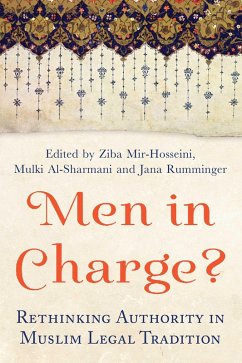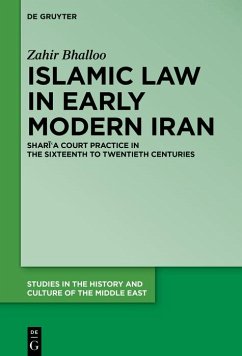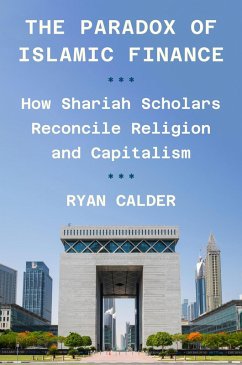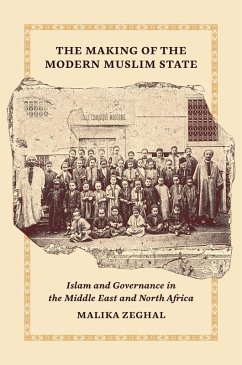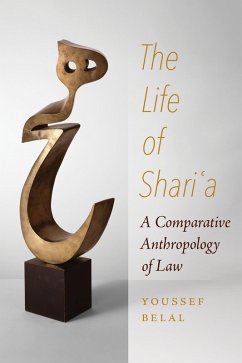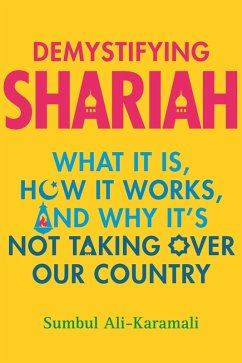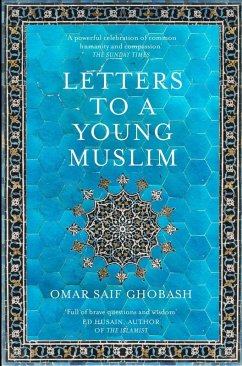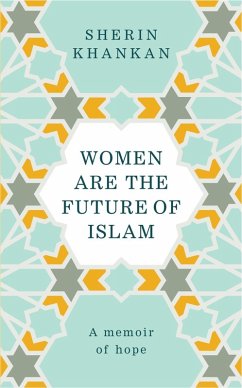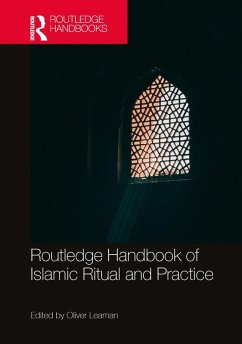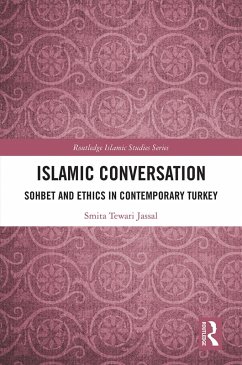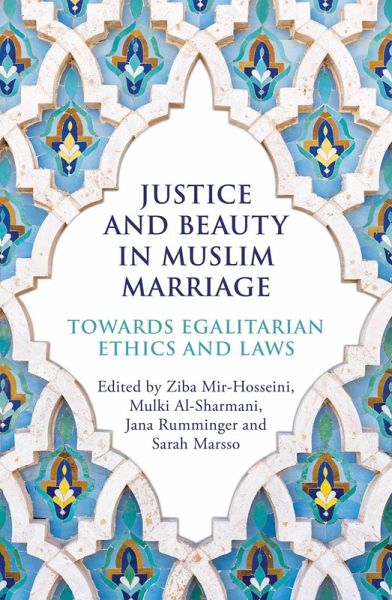
Justice and Beauty in Muslim Marriage (eBook, ePUB)
Towards Egalitarian Ethics and Laws
Versandkostenfrei!
Sofort per Download lieferbar
19,78 €
inkl. MwSt.
Weitere Ausgaben:

PAYBACK Punkte
0 °P sammeln!
The model of marriage constructed in classical Islamic jurisprudence rests on patriarchal ethics that privilege men. This worldview persists in gender norms and family laws in many Muslim contexts, despite reforms introduced over the past few decades. In this volume, a diverse group of scholars explore how egalitarian marital relations can be supported from within Islamic tradition. Brought together by the Musawah movement for equality and justice in the Muslim family, they examine ethics and laws related to marriage and gender relations from the perspective of the Qur'an, Sunna, Muslim legal ...
The model of marriage constructed in classical Islamic jurisprudence rests on patriarchal ethics that privilege men. This worldview persists in gender norms and family laws in many Muslim contexts, despite reforms introduced over the past few decades. In this volume, a diverse group of scholars explore how egalitarian marital relations can be supported from within Islamic tradition. Brought together by the Musawah movement for equality and justice in the Muslim family, they examine ethics and laws related to marriage and gender relations from the perspective of the Qur'an, Sunna, Muslim legal tradition, historical practices and contemporary law reform processes. Collectively they conceptualize how Muslim marriages can be grounded in equality, mutual well-being and the core Qur'anic principles of 'adl (justice) and ihsan (goodness and beauty).
Dieser Download kann aus rechtlichen Gründen nur mit Rechnungsadresse in A, B, BG, CY, CZ, D, DK, EW, E, FIN, F, GR, HR, H, I, LT, L, LR, M, NL, PL, P, R, S, SLO, SK ausgeliefert werden.




